
Partnerships for Progress: Non-traditional Resources for Peacekeeping Technology
The Information and Communications Technology Division (ICTD) of the Department of Field Support (DFS) in New York Headquarters is evolving as the natural conduit for transforming such technology on the ground, for harnessing and engaging non-traditional sources of funding, reaching out into new areas such as public-private partnerships, leveraging advances in corporate research and development programmes and establishing technology think-tank dialogues.
The philosophy of true harmony in global citizenship
The information in this presentation is based on my digital books: The Citizen of the Earth XXI, published December 2016; The Philosophy of the Life 2017, published 28 July 2017; The Climate Change System 2017, published April 2017; and The Nature 2017, published January 2017.
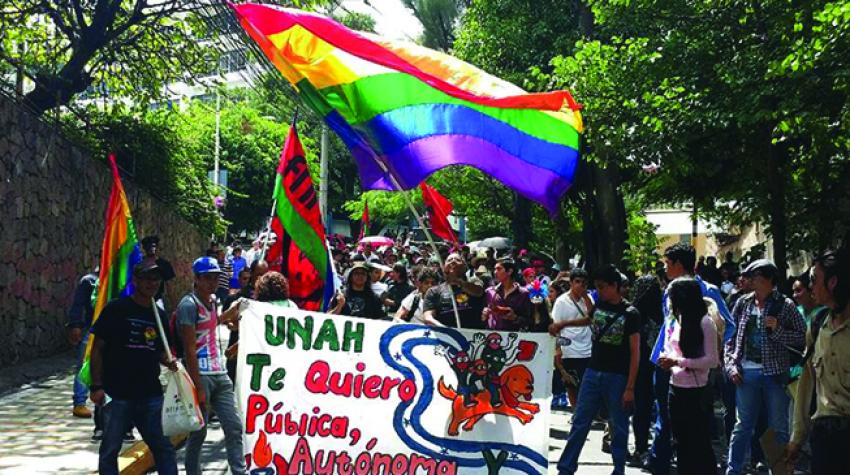
Empowering Civil Society in Latin America to Promote Equality and Prevent Conflict
Data shows that among the 25 countries with the highest rates of femicide in the world, 14 are in Latin America and the Caribbean (LAC).The region also has very high rates of violence against the LGBTQ community, although it has some of the most progressive laws for LGBTQ equality and protection.
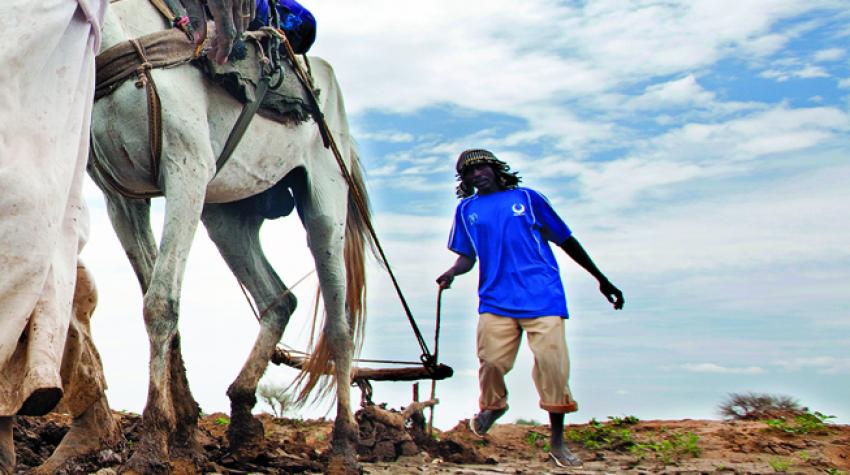
A Way Back
We can jump-start economic and employment opportunities for young people and rural populations by creatively building on the sustainable development and inclusive growth opportunities laid out in the 2030 Agenda for Sustainable Development. The Initiative on Sustainability, Stability and Security (3S) in Africa launched in 2016 by Morocco and Senegal is a good example.

Media and Information Literacy as a Means of Preventing Violent Extremism
UNAOC understands that censoring media which is perceived as potentially harmful will not effectively curtail the spread of media messages appealing to youth with violent extremist narratives.
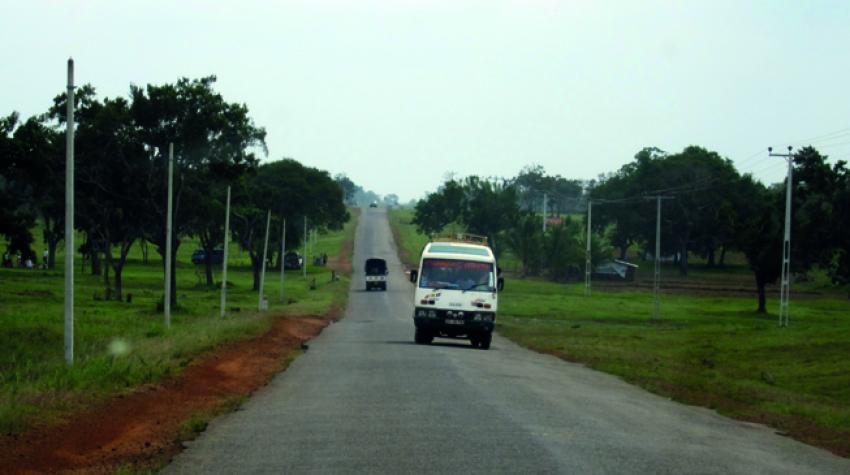
The Gates of Paradise are Open…but Who Benefits? Experiences from Post-War Sri Lanka
This article is written in response to the theme of eradicating poverty as a means of conflict prevention. By asking whether the eradication of poverty prevents conflict, we reflect upon its complexity and interdependence with other aspects of modern day life. To focus solely on poverty reduction as a means of conflict prevention is somewhat reductive.

The Role of the Shanghai Cooperation Organization in Counteracting Threats to Peace and Security
The Shanghai Cooperation Organization (SCO) was established as a multilateral association to ensure security and maintain stability across the vast Eurasian region, join forces to counteract emerging challenges and threats, and enhance trade, as well as cultural and humanitarian cooperation.

The ASEAN Institute for Peace and Reconciliation and Its Role in Preventing Crises
AIPR is still in its formative stage. In the coming years, it has the potential to play a significant role in promoting knowledge sharing and policy recommendations to help foster peace and reconciliation and the prevention of crises in ASEAN.
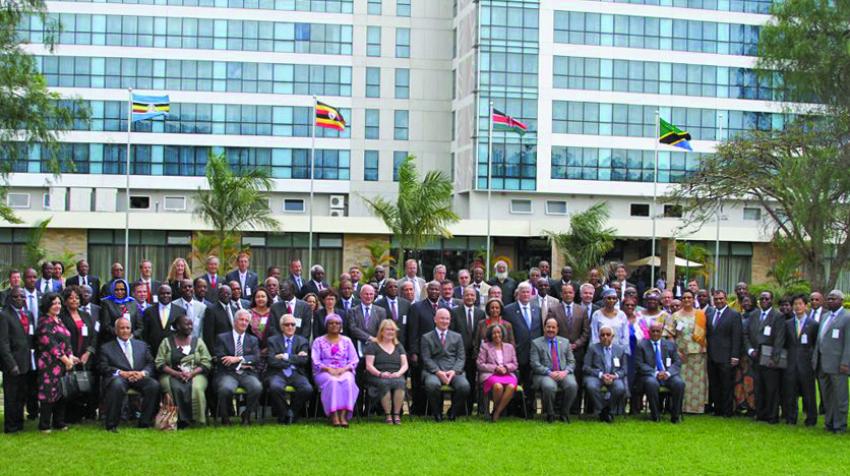
The Panel of the Wise:Its Role in Preventing Violent Conflicts in Africa
The Panel of the Wise's role in preventing the outbreak of violent conflicts in Africa was meant to provide information and analysis on the experiences, to date, of an important pillar of APSA. The objective was to discuss the gradual institutionalization of the Panel over the last 10 years and provide reflections that can inform the Panel's operations in the future.
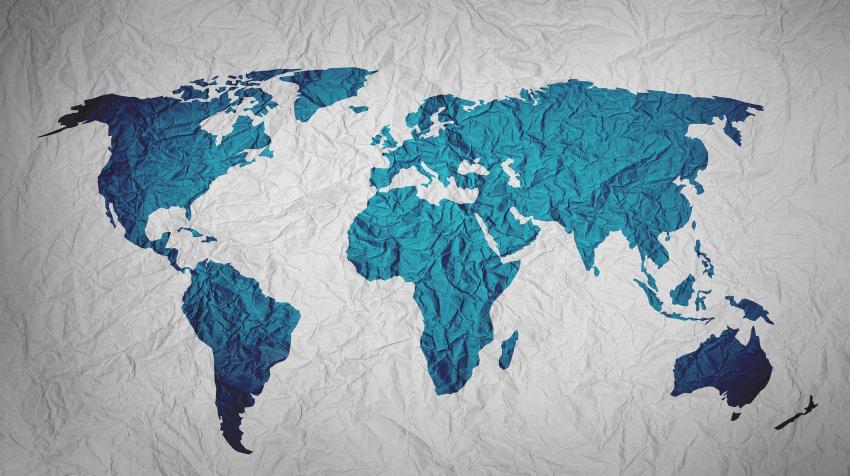
The Ingredients of Prevention
The present great power policies are not conducive to peace in the world. A continuance of these policies threatens to dismantle the existing global order and plunge the world into deepening distress—for human beings as well as for the health of the planet.
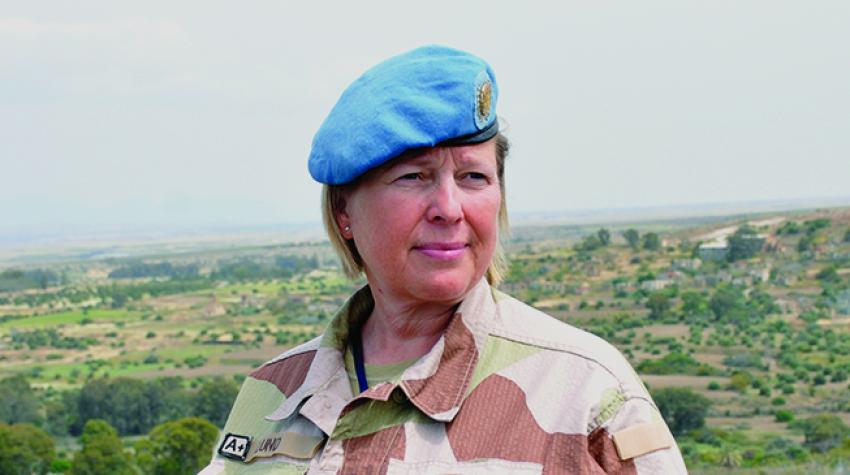
Preventing Crisis and Conflict: Women's Role in Ongoing Peace Processes
Women play a variety of roles in complex, multitrack peace processes. They can sit at the formal negotiating table, on a technical committee or subcommission, or they can be outside the talks engaged as civil society actors in following developments. All of these roles are critical.

Foreword
With this issue of the UN Chronicle, we hope to help inform the discussion on the culture of prevention, and contribute to the objective of strengthening and sustaining peace and security, human rights, the rule of law, and development, for current and future generations.
